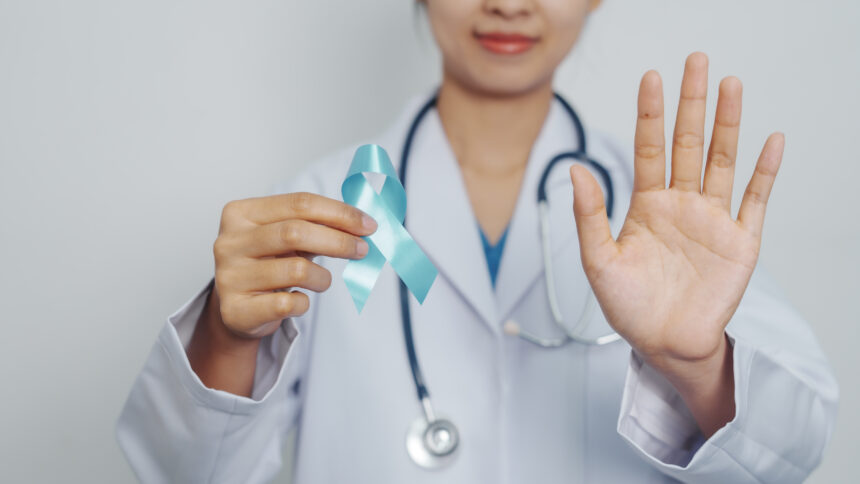Hello, dear readers! Today, we embark on a vital journey – understanding cancer prevention and early detection. This topic is close to our hearts because knowledge and action can save lives. So, let’s have a friendly yet formal conversation about what you need to know to protect your health and the health of your loved ones.
The Power of Prevention
Cancer is a formidable adversary, but it’s not invincible. Prevention is your first line of defense:
01. Healthy Lifestyle Choices –
-
- Diet: Aim for a balanced diet rich in fruits, vegetables, whole grains, and lean proteins. Limit processed and red meats.
- Exercise: Regular physical activity reduces the risk of several cancers. Aim for at least 150 minutes of moderate-intensity exercise each week.
- Tobacco: Smoking and chewing tobacco are linked to various cancers. Quitting is one of the best things you can do for your health.
- Alcohol: Limit alcohol consumption, as it’s associated with an increased risk of certain cancers.
02. Sun Safety –
Skin cancer is preventable. Protect your skin from the sun’s harmful UV rays by wearing sunscreen, protective clothing, and avoiding tanning beds.
Early Detection Saves Lives
Early detection is a game-changer in the fight against cancer. Regular screenings can catch cancer in its early, more treatable stages:
01. Know Your Family History –
Your family’s cancer history can provide valuable insights. If you have a family history of cancer, discuss it with your healthcare provider.
02. Screening Guidelines –
Follow recommended screening guidelines for your age, gender, and risk factors. These may include mammograms, Pap smears, colonoscopies, and more.
03. Self-Exams –
Regular self-exams, like breast and testicular self-exams, can help you notice changes and seek prompt medical attention if needed.
Listen to Your Body
Your body often sends signals when something isn’t right. Pay attention to these signs:
01. Unexplained Weight Loss –
If you’re losing weight without trying, it could be a sign of various underlying health issues, including cancer. Consult your doctor.
02. Persistent Pain or Discomfort –
Pain that doesn’t go away or gets worse over time should be evaluated by a healthcare professional.
03. Changes in Skin or Moles –
Be vigilant about changes in the size, shape, color, or texture of moles or skin lesions. See a dermatologist if you notice any changes.
Stay Informed and Engaged
01. Be Proactive –
-
- Stay informed about the latest cancer research, screening guidelines, and prevention strategies.
- Advocate for your health. If you have concerns, discuss them with your healthcare provider.
02. Regular Check-ups –
Don’t skip your regular check-ups. These appointments are an opportunity to discuss your overall health and any concerns you may have.
Support and Resources
01. Reach Out –
-
- If you or a loved one is facing a cancer diagnosis, seek support from friends, family, and support groups.
- Cancer can be overwhelming, but you don’t have to go through it alone.


